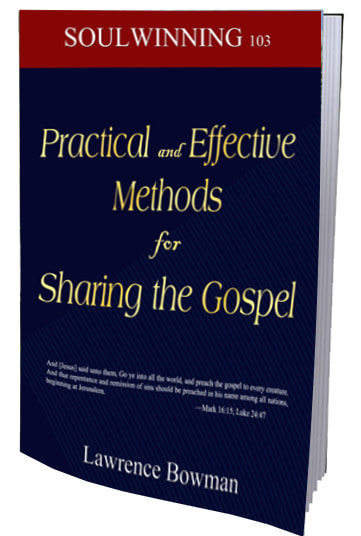
Perhaps you can relate to these feelings. If you can relate, again I want you to know that you're not alone. Pain comes in many forms: physical, emotional and psychological. Going through pain and hardship is never easy for anyone to endure. It's understandable to feel frustrated or even angry with God in moments of deep distress.
God is the Almighty. He has the ability to do anything; He is Sovereign and all powerful. So when we cry out to God for help, and He doesn’t right away do what we request, feelings of frustration and anger can fluster and overcome us. “God, why is this HAPPENING TO ME?” … “GOD, WHERE ARE YOU?” … “GOD, HELP!”
It is our pain that distorts our perspective, and this narrow understanding affects our prayers and desperate pleas. We lack awareness of the other variables at play in the bigger picture of our lives, and so our appeals are skewed. We tend to believe that God should alleviate our suffering and take action immediately, but we fail to recognize that the pain we endure is beneficial for the advancement of our lives in the grand scheme of things.
It is important to remember that God is not the distant, cold-hearted figure that our minds sometimes conjure up when it seems like God isn't listening. God indeed is listening. Psalm 56:8 tells us God puts our “tears into [His] bottle…” The good news is that God can handle our anger and frustration; as the old saying goes: God is a big boy (respectfully) and He can handle all our messy emotions.
One great example in the Holy Bible of a man who endured immense suffering is the story of Job. I love this man so much. Job’s experience is both fascinating and complex to grapple the mind around. He lost everything, literally, everything and everyone who he held dear. Job cried out to God filled with pain and anger. Job's words were understandably honest and raw, and he didn't hesitate to express his frustration with God. He cried out to God as if he were pleading with a distant and cold-hearted father who turned his back on him. In his desperation he cried: “I cry unto thee, and thou dost not hear me: I stand up, and thou regardest me not. Thou art become cruel to me: with thy strong hand thou opposest thyself against me” (Job 30:20-21).
Job's response to his suffering is admirable because, despite his anger, Job did something that's not always easy for us to do: he ran to God, not away from Him. He sought God, was honest with Him, and desired to hear His word. When we find ourselves angry with God, it can be tempting to shut Him out and turn inward. But like Job, we need to keep communicating with God even in our pain. We need to keep praying! It’s essential to acknowledge our feelings of anger and frustration and bring them to God in prayer. It’s okay to express our emotions to God, and we can ask God the tough questions; we can even demand answers, just as Job did.
However, it's important to recognize that anger with God can easily lead us to wrongdoing, such as bitterness and resentment. Anger with God is a dangerous state to be in because it can easily lead to destructive sins. Ephesians 4:26 says: “Be ye angry, and sin not…” So when we experience anger, we need to approach these feelings with honesty, openness, and trust; we need to confess it to God and allow Him to reveal our wrongs so that we can overcome and forsake erroneous thoughts. We must avoid allowing anger to consume us or push us away from God. Instead, when we feel anger toward God, we should ask ourselves some important questions: “Can I trust God enough to be honest with Him? Am I moving closer to Him or farther away from Him? And am I accusing God, or am I willing to listen to His voice, even when I don't like what I hear? Because just like He did for Job, God is inviting us to trust Him.
Ultimately, we need to continue to read and meditate upon His Word so to put our trust in God. Trusting God doesn't guarantee that we will always receive the answers we seek or that our pain and suffering will vanish immediately. However, it does mean that our faith believes and understands that God is good and has a purpose for the suffering in our lives. We can trust that God is using the suffering, along with all the other variables in our lives, for a greater good in the broader scheme of things. We can trust that He will never leave us, forsake us, or abandon us, and that He will work all things together for the good.






































